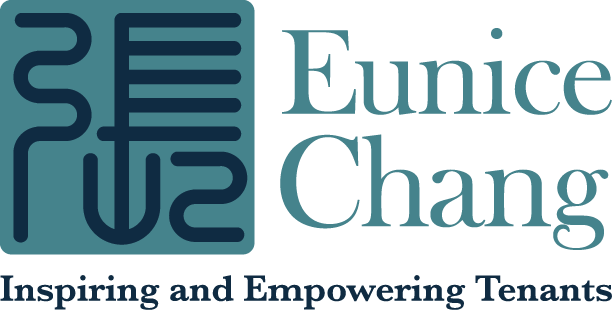As a child attending weekly youth fellowship, we would play games. One haunting game was when we took turns saying, “I was deprived.“ “I was deprived because I have not gone camping.” Everyone who never went camping would then raise their hand.
As we named whimsical things that made us “deprived”, one person raised her hand at every comment. Her name was Joni and she had cerebral palsy. (This is not her real name but Joni Eareckson Tada was her favorite author.) She wore leg braces and walked with the help of crutches. Her fingers were curled and she could not hold a pencil easily. The game was a lesson of all the things that we took for granted . . . walking, running, climbing, skipping, or jumping rope.
Once I passed my driving test, Joni and I made a tradition to shop during Christmas. When I picked up Joni, I learned how to operate her wheelchair: apply the brakes, open, close and fold it into my car. When we entered the crowded stores, there were so many barriers: shelves that Joni could not reach, aisles that were not wide enough. The most eye-opening experience was how Joni was treated. People often grew impatient because Joni fumbled to get change with her gnarled fingers. There were often rude comments which made me want to respond with a cutting reply. Yet Joni was always quick to apologize which diffused the situation. She explained that people didn’t understand her disability and it was not due to malice.
The most humbling experience was when we went to an old movie theater. The hallway to the bathroom was too narrow for the wheelchair. I remember my eyes filling with tears as I watched Joni resolutely crawl through the hallway because she needed to use the restroom.
Joni was an example on handling conflict and misconceptions gracefully. Perhaps one of the reasons that I feel so passionately about the law is because it recognizes that all people . . . men, women, black, white, disabled are equal. (We honor the #BlackLivesMatter movement. I know from the first-hand experiences of my clients that they are treated differently because of the color of their skin.)







